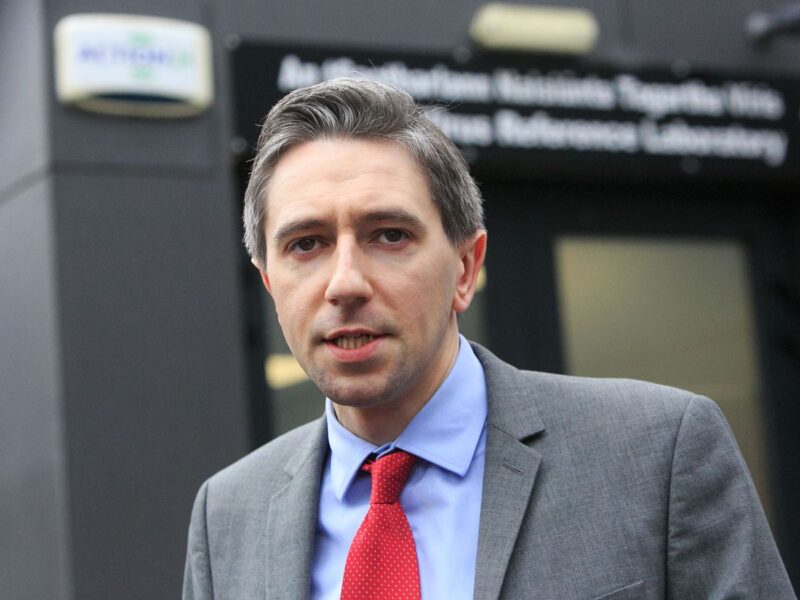Minister for Higher Education Simon Harris has written to higher education institutions asking them to consider implementing a domestic violence leave policy similar to the one introduced in NUI Galway last month.
Harris also said today that he welcomed the publication of colleges’ action plans for ending sexual violence and harassment.
The plans will be available to staff and students online.
In a press statement, Harris said: “Addressing sexual violence is a priority for me and all those in the third level sector. We must be leaders in this field.”
“Each institution has set out for its staff and students what it intends to do in this area and importantly, it must report to the Higher Education Authority in the Autumn and every year after on the progress it is making on introducing its policies”, he said.
“It is so important our staff and students have faith in the plans put forward by each institution and that each institution is held to account for its commitments.”
The action plans address 15 “key outcomes” set out in the Framework for Consent, which are clustered into four thematic areas: institutional culture, institutional processes, institutional policies and targeted initiatives.
On writing to universities about potential domestic violence leave policies, Harris said: “Our institutions have a duty of care to their staff and this policy builds on, and complements, the work that is ongoing across our higher education system to tackle sexual violence and harassment, and to foster institutional campus cultures that are safe, respectful and supportive.”
“Domestic violence continues to be a pervasive problem in our society”, he said. “Nearly 15 per cent of women between the ages of 18 – 74 have experienced physical and sexual violence in their lifetime, and nearly 31 per cent have experienced psychological violence. While the risk to women is higher, domestic abuse also affects a significant number of men.”
“Domestic violence does not just have a major impact on the person and their family. It can also have a significant impact on the person’s working life, and their wellbeing.”
In an email statement to The University Times, Trinity Media Relations Officer Catherine O’Mahony said: “Trinity has drawn up a comprehensive action plan on tackling sexual violence and misconduct which we are preparing this summer and will be rolled out from the start of the next academic year, so as to reach new and returning staff and students.”
She added: “The plan was sent out for consultation across the whole College body and comments then integrated into the final version of the plan which was then approved by Board at its last meeting. This will be published on our website next week.”
“Trinity is aware of its duty of care toward staff and will carefully examine the possibilities in this regard. We have nothing formal to report at this stage.”
Dr Ross Woods of the HEA’s Centre of Excellence for Equality, Diversity and Inclusion added in a press statement: “The HEA welcomes the commitment of HEIs to preventing and remedying all forms of sexual harassment and sexual violence. Creating a safe environment for all students and staff empowers individuals to foster a culture of respect, dignity and integrity.
“Much work has been undertaken across the higher education sector to address sexual violence and harassment in the past 18 months and the HEA is committed to continuing to support our institutions to implement fit-for-purpose policies and reporting systems in this area.”
Last month, NUI Galway became the first higher-education institution in Ireland to launch a domestic violence leave policy.
All staff members who have experienced or are experiencing domestic violence or abuse will be able to take paid time away from work in order to seek the necessary help they need.
Staff can avail of up to 10 working days of paid domestic violence leave which will be granted on a “rolling basis”, and can be taken as a block or on separate days.
Update: 16:50, June 28th, 2021
This piece has been updated to include a comment from Trinity.
Mairead Maguire also contributed reporting to this article.







